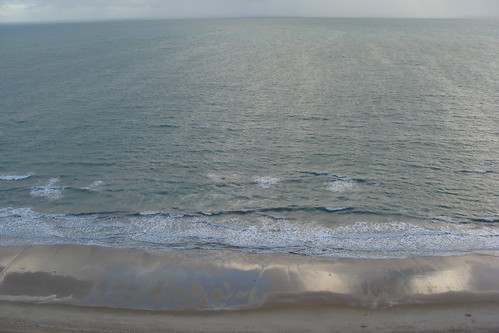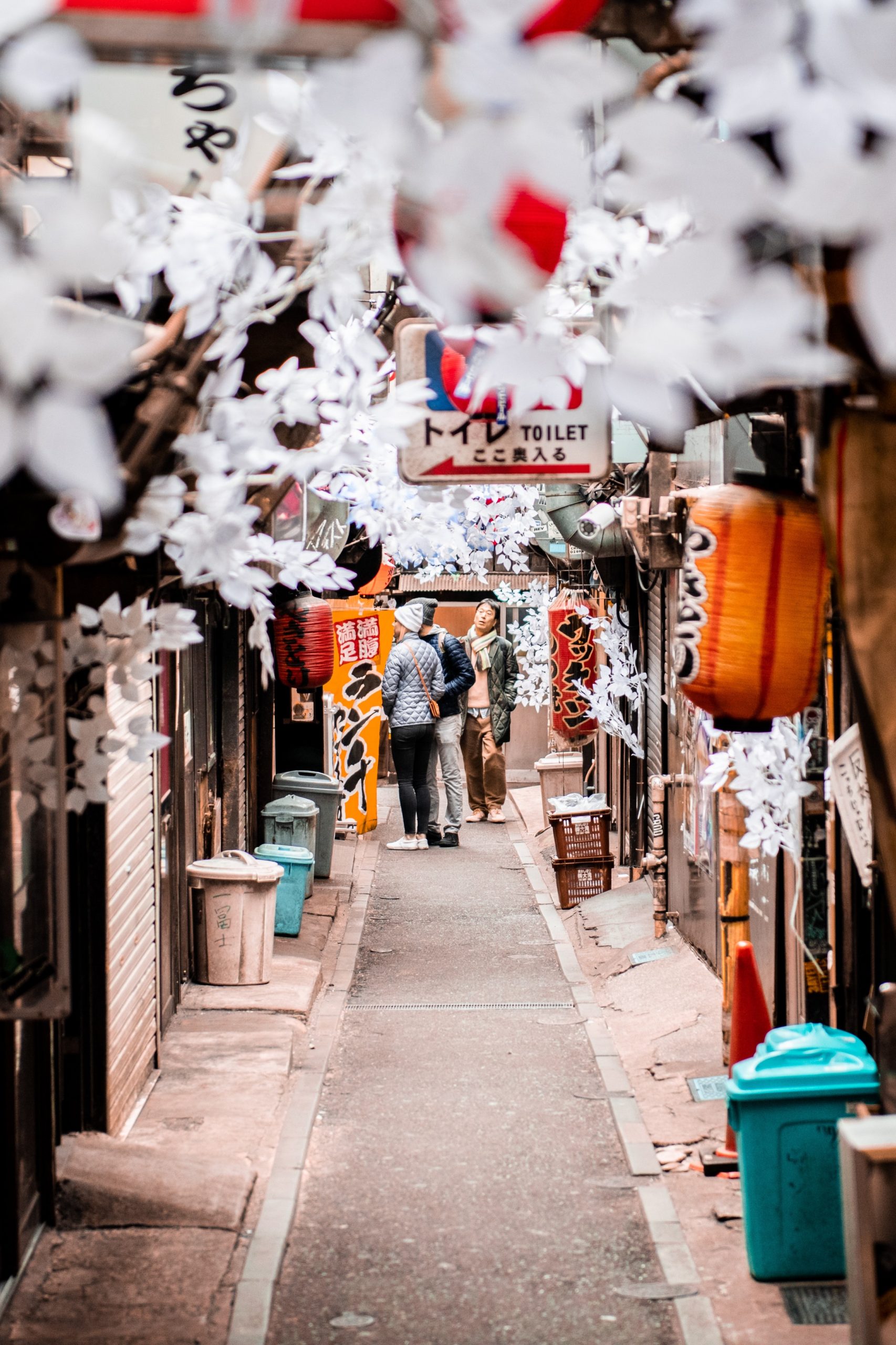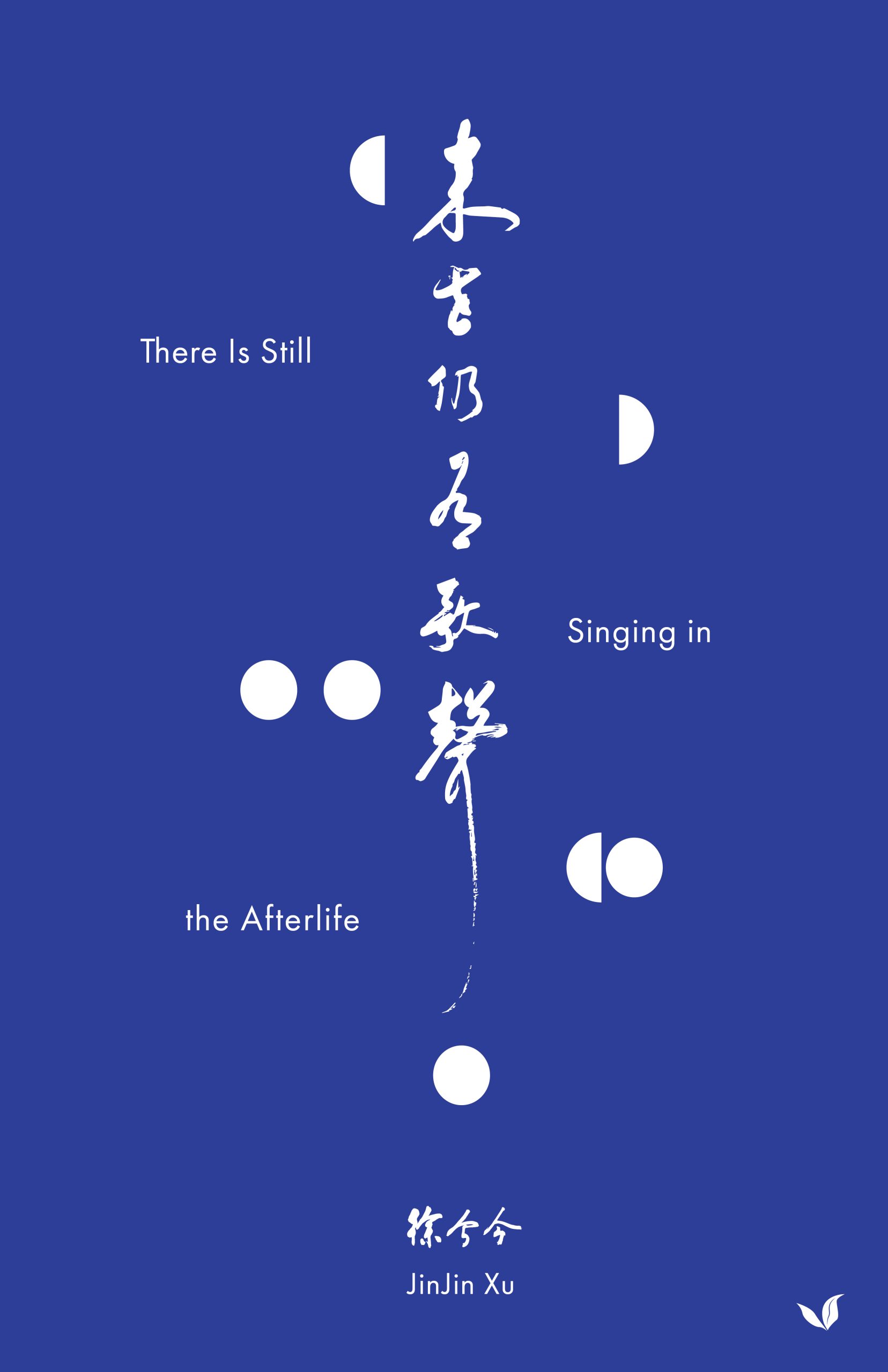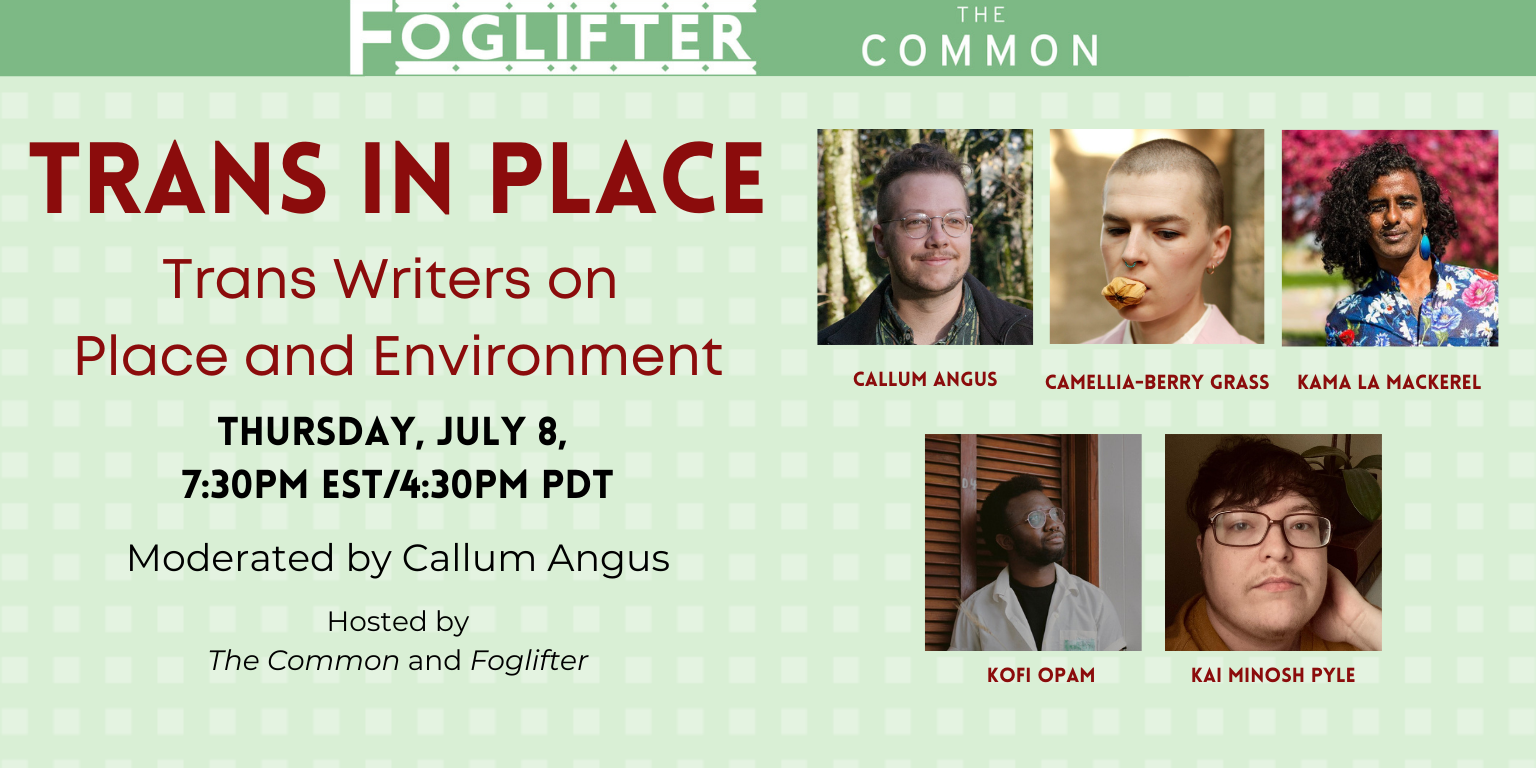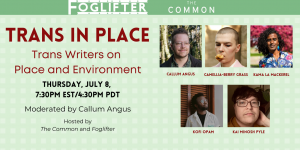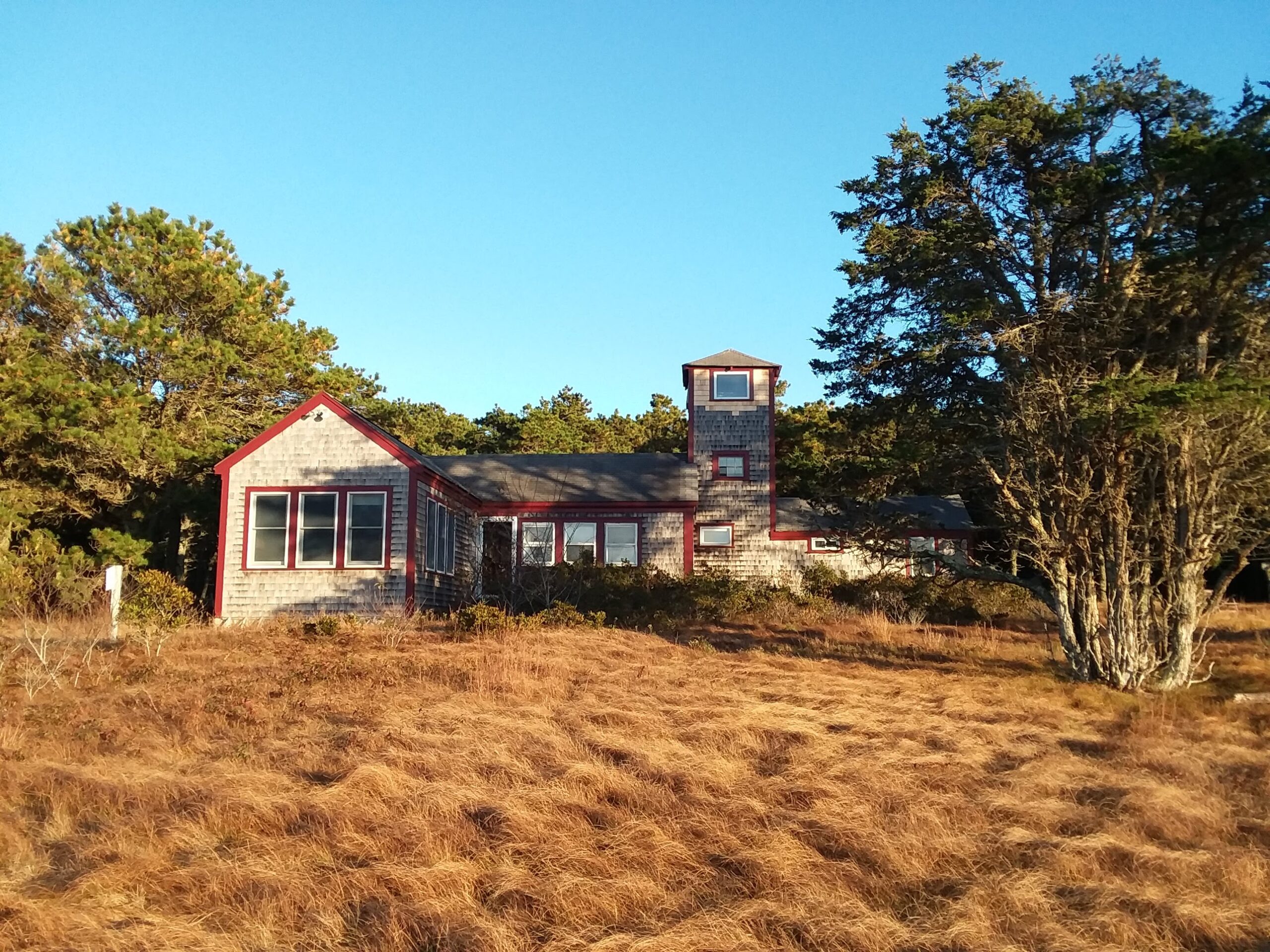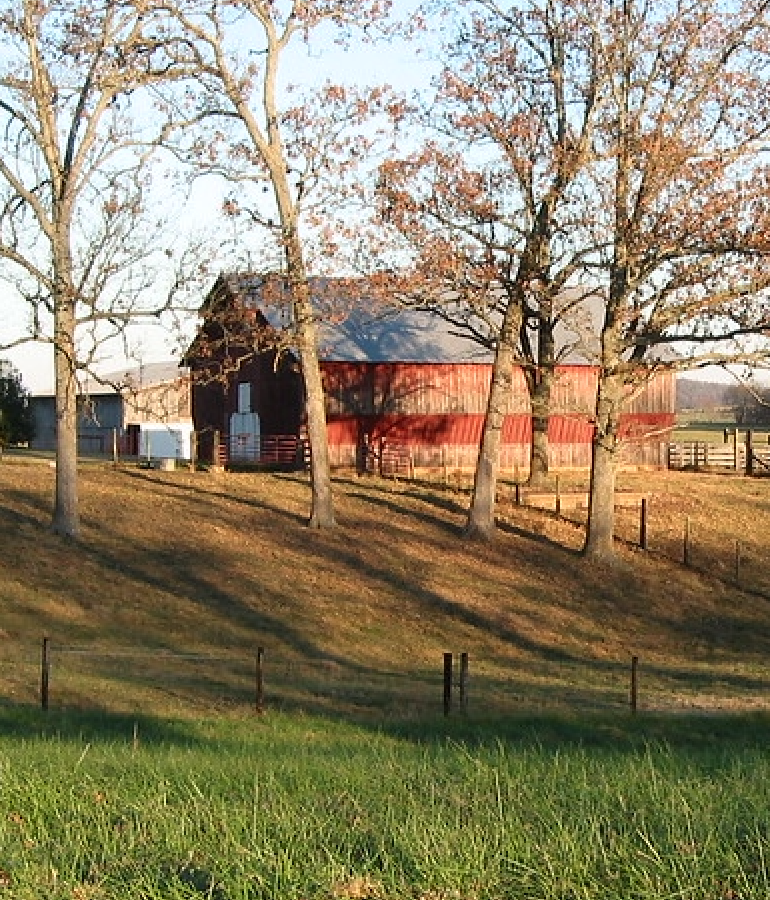By KAORI FUJIMOTO

Shinjuku Golden Gai came to my attention during the pandemic months in Tokyo. On those quiet stay-at-home evenings, I watched the Japanese TV series “Midnight Diner” on Netflix, and the Diner’s location was set in Golden Gai, a tiny nightlife quarter that was once an illegal prostitution district in Shinjuku, a town in Tokyo, after World War II. Each self-contained half-hour episode of the show revolved around a customer who always ordered the same food at the hole-in-the-wall Diner run by “Master,” a mysterious middle-aged man with a scarred face. The Diner’s regulars, crammed at the U-shaped counter, ranged from corporate employees and detectives to strippers and gangsters. At the end of the day, these customers walked through the alleyways where electric signs of bars and restaurants jutted into the air, opened the Diner’s sliding door and said, “Master, my usual, please.” The show brought these characters a little closer to me through the foods they ordered. Octopus-shaped red weenies, bite-sized fried chicken, ground meat cutlets served with macaroni salad and finely-sliced cabbage—conventional home-style dishes I ate while growing up.


